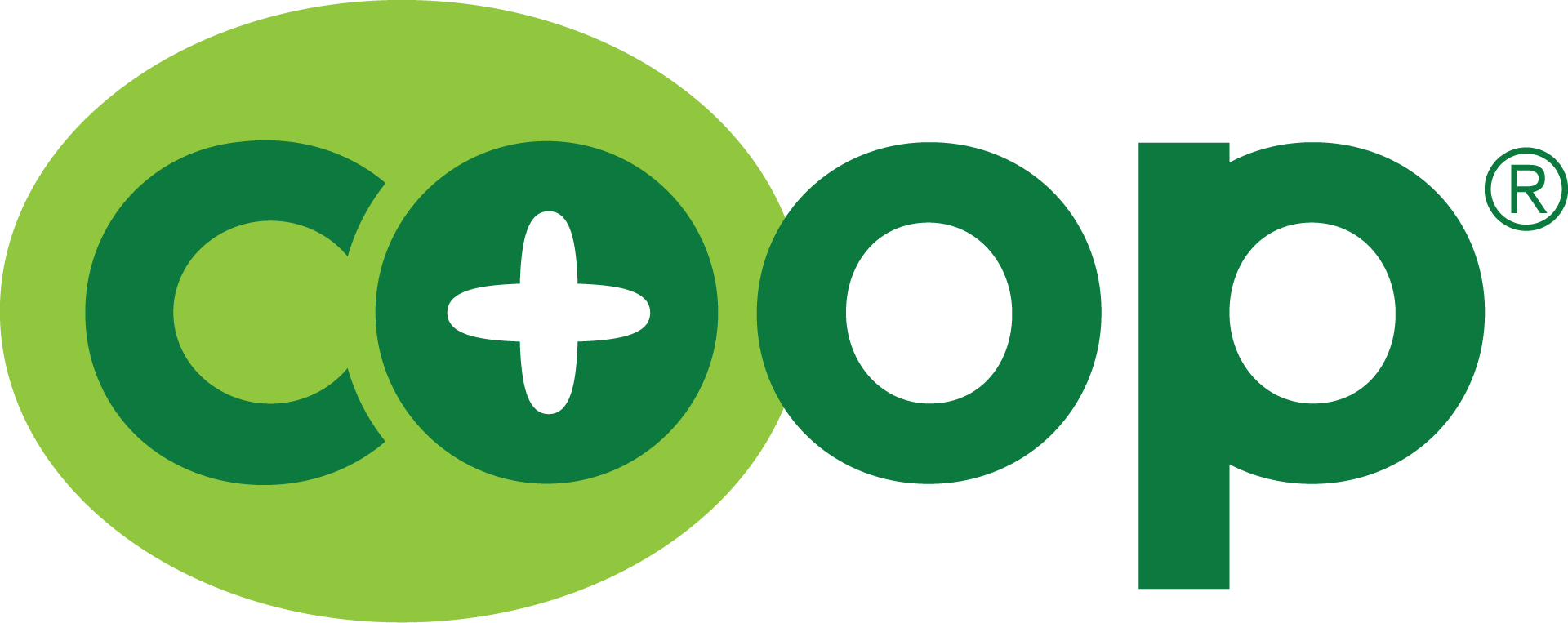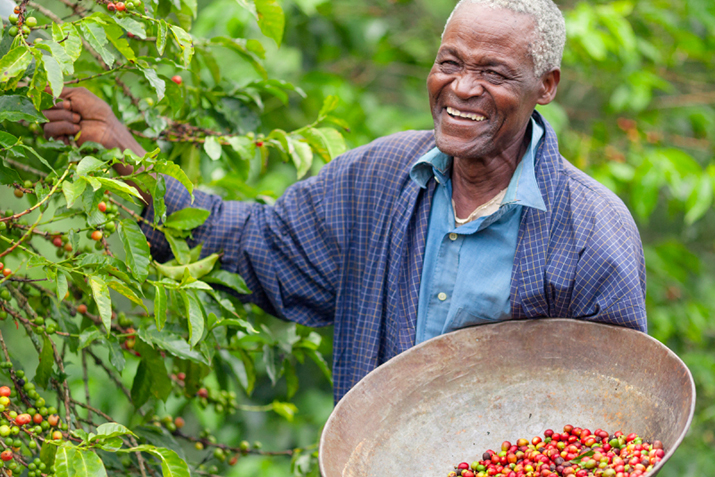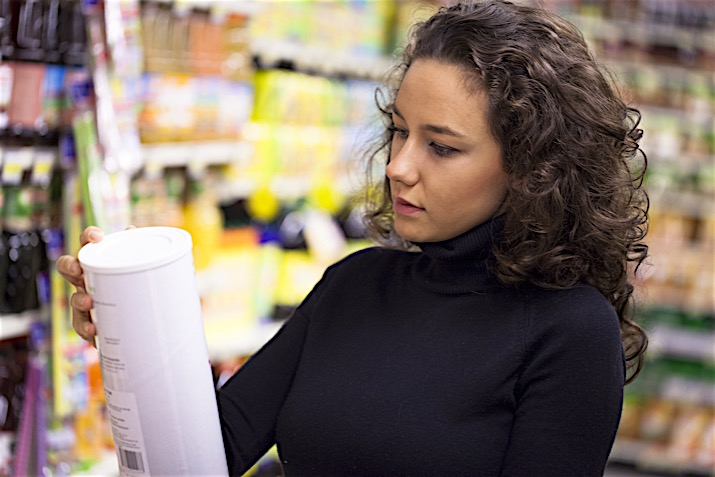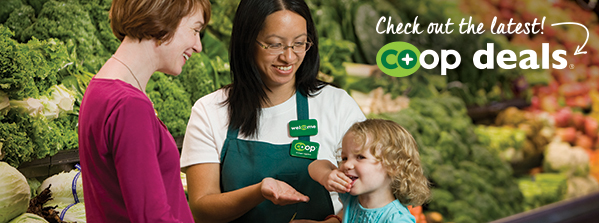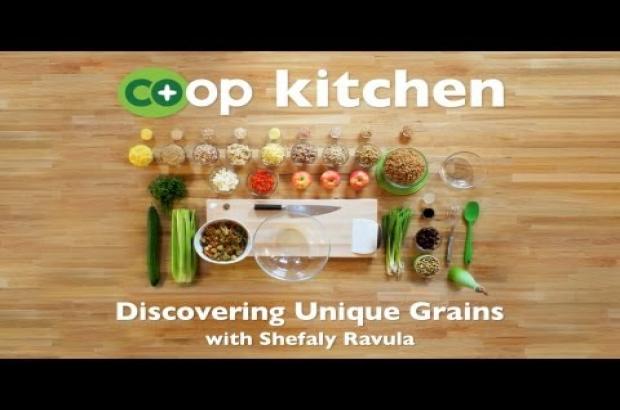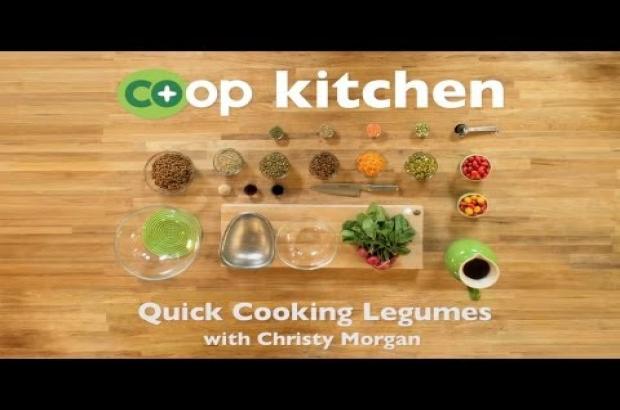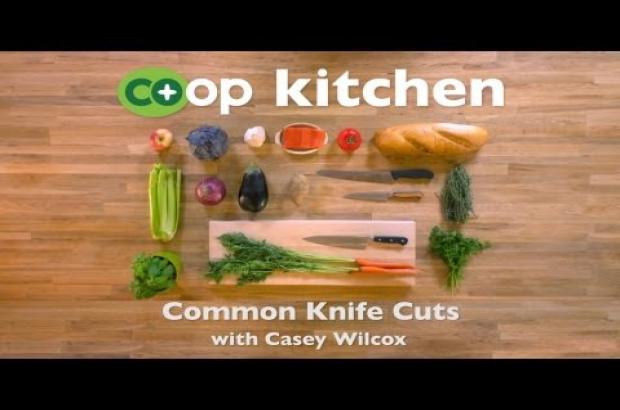Article
Community Read + Co-op = More Fun Than We Imagined

By Kathie Meyer, Outreach/Education/Marketing Manager
The Food Co-op was pleased to co-sponsor the 2014 Port Townsend Public Library’s Community Read which enabled us to bring Atina Diffley, author of Turn Here Sweet Corn, and her husband, Martin, to Port Townsend on March 27, 2014 to speak about organic farming. According to Cris Wilson who chaired the Community Read Committee, more books were sold for this Community Read than any of those previous.
The Community Read is more than one event. All during the month of March, events are held that highlight the book’s topic. The idea is to bring together the entire reading community to discuss the same book. There are book discussion groups, a film, an event geared for kids, an art show based on the book’s theme, and a lecture from a local writer who discusses the literary pros and cons of the story. In addition to those events, a cooking class, a lecture on organic seeds and sweet corn, and a dance were also part of the schedule. All events were free.

As the Community Read’s official photographer, I attended everything but the book discussions. I was pleased to see the events were well attended, and it seemed everyone who went had a good time. For me, it was more fun than I had imagined and promised it would be when the Community Read Committee began work almost an entire year ago.
On the day of the author event, Atina Diffley visited the co-op for a brief chat with Katy Morse, who writes our in-house staff newsletter, and me. We were pleased that Atina was impressed with our store and community. Looking around our co-op, she said, “Actually, it’s one of the nicest stores I’ve seen.” When passing by the end-cap of kale chips, she laughed. “I would never eat kale chips [from a package], but I love that you have them here, how they could be a person’s first introduction into eating kale, real kale.”
“It’s gateway kale,” I said.
“It’s what this co-op does,” said Diffley. “It’s so incredibly powerful. It educates one person, one at a time. Sometimes you do it through a bag of kale chips. You don’t always do it through a bulk bin. It doesn’t mean you’ve sold out. It’s a different way of reaching people.”
She noted that there were some co-ops in her home state, Minnesota, that went out of business because they stayed too close to the bare bones values that some owner/members believe is what a co-op should be. In other words, the kind of co-op that would never sell a packaged kale chip, only fresh produce and bulk food. But a co-op needs to appeal to a variety of customers to keep their doors open, she said.
“You know, Gandhi said, ‘When they copy your revolution, it’s time to start the next one.’ That’s the role that co-ops have always had. You’re not going to be the biggest changemaker; you know Walmart sells 25 percent of organic food. When Walmart says ‘we’re going to reduce our energy [consumption] by 10 percent,’ what Walmart accomplishes environmentally is far more than what [a co-op] can accomplish. But you are the leaders that got it all going. You’ve always got to hold that bar up and push them to the next level.”
Republished with permission from The Food Co-op (Port Townsend).
